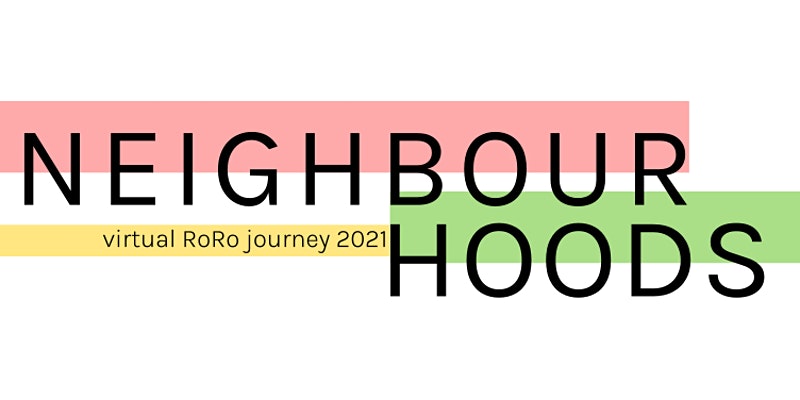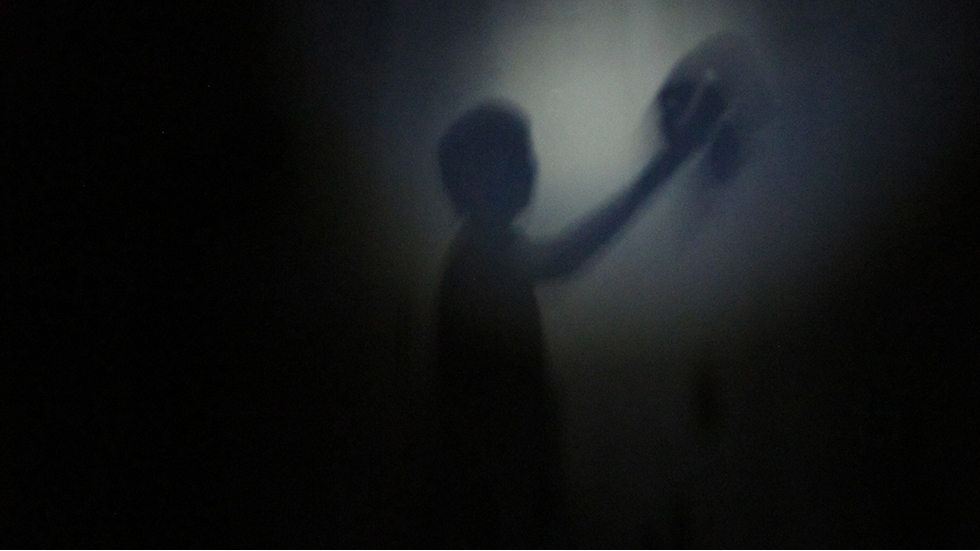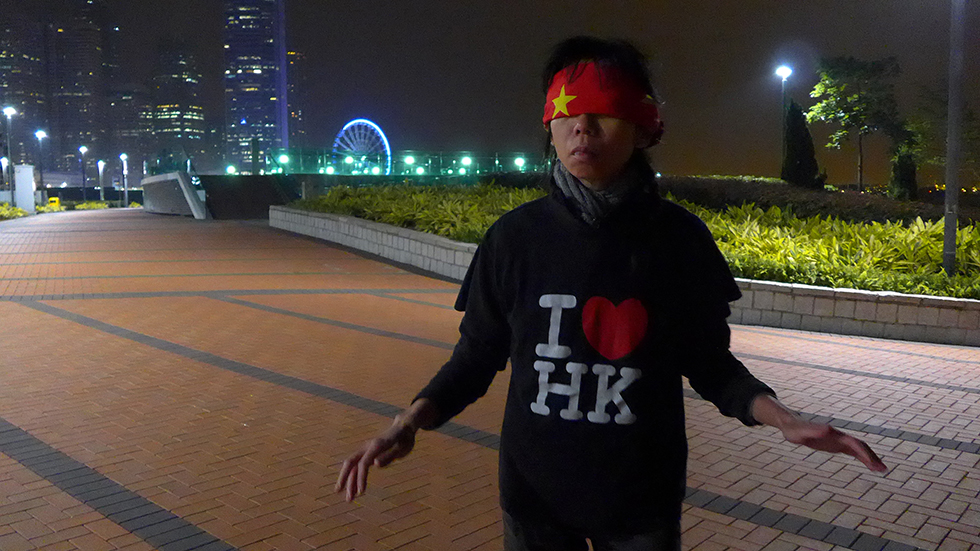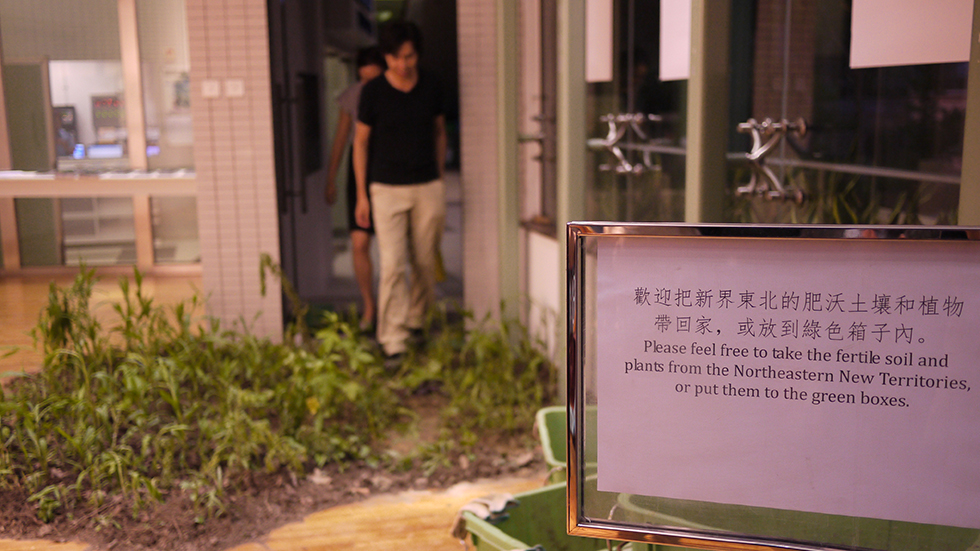
This panel focuses on forms and applications of state power in three different geographies, Hong Kong, Philippines and Turkey, as well as practices of public dissent. From containment measures applied by the law-making agents during COVID-19 in Hong Kong, to a Christian Church in the Philippines which opened its doors to over 700 Lumad people labeled as ‘terrorists’ by the State, and to Turkey, where in the aftermath of the the Gezi Park protests, artists cope with daily life stress through collaboration, this panel will look into ways of how performance is used both as a form of control and agency of protest. The presentations will be followed by discussion.
Panelists: Işıl Eğrikavuk, Junesse d.R. Crisostomo, Wen Yau
In the panel, I presented a paper titled “The (In)effectiveness of Disease or Security Control in Hong Kong”. In the face of the pandemic, social distancing, lockdowns, quarantines and curfews appear to be inevitable containment measures against coronavirus in different places around the world. In Hong Kong, these containment measures are also exercised by the government to tighten its control over civil society after rounds of protests and civil unrest in 2019. This paper examines a few measures and strategies performed by law-enforcing agents and other public officers, such as requirement to wear masks in specified public space, prohibition on group gathering and “ambush-style” lockdown at selected buildings or zones. By comparing the effectiveness of these strategies for disease prevention with that of security control, I argue that the pandemic control measures have staged a series of performances that rehearse, construct and (re)cite the authority’s power over the people in the city. In contrast, the tactics employed by local communities and the media in response to these pandemic measures are discussed too.
 The panel is part of the PSi Neighbourhoods virtual RoRo journey 2021, convened by the Performance and Critical Social Praxis Working Group, for PSi Constellate 2021.
The panel is part of the PSi Neighbourhoods virtual RoRo journey 2021, convened by the Performance and Critical Social Praxis Working Group, for PSi Constellate 2021.


